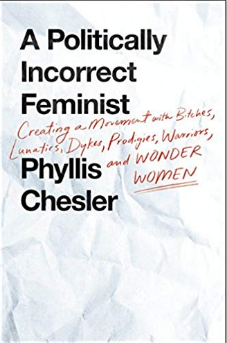Because their goal was clearly industrial and economic modernization and development rather than utopian universal equality and human liberation, Fascists supported specific remedies for specific economic problems. They sought to impose industrial peace, reduce the loss of man-hours in labor time as a consequence of strikes and lockouts, restore the efficiency of public services, renew confidence in the nation's economy, provide for a more rapid accumulation of investment capital, institute a rationalization and modernization of government bureaucracy, maintain, foster, and expand productive plants, communications, and agricultural potential.
While the dislocations that followed the war created grievous tensions for Italy's economy, the resolution of some international economic difficulties assisted Fascism's immediate rehabilitative and developmental efforts. In effect, it early became clear that Fascist judgments had been correct. Italy's economy required homeopathic therapy rather than radical surgery. Italy's immediate postwar problems turned on labor unrest, a dearth of fresh investment capital, the snarl of complex, sometimes conflicting, tax laws, the financial failure of some of the largest industrial and banking establishments on the peninsula, and a crisis in agricultural production. The most urgent problem, in the judgment of almost all commentators of that period, turned on state finances and the tax system that subtended it. A week before the March on Rome, Giolitti insisted that the state's financial difficulties--a state deficit of six billion lire, encumbered by an annual interest payment of 400 million lire--constituted the gravest peril to the economy of the peninsula.
Almost immediately after the March on Rome, Mussolini appointed Alberto De' Stefani Minister of Finance. De' Stefani, armed with special decree powers, proceeded to reform the nation's fiscal system, abolish the extraordinary tax on war profits and property, and rescind the requirement that stocks and bonds be registered in the name of the owner, all in an effort to stimulate savings and capital investment. De' Stefani further undertook to reduce the state's expenditures and balance the national budget. He introduced reforms in the national bureaucracy, reducing both the number of state employees and administrative costs.
At almost the same time, the Fascist government returned the telephone system to private management and opened the insurance industry to private capital, thus abolishing the state monopoly that had been in force since 1912. Ansaldo, one of Italy's largest mechanical and conglomerate industries, and the Banco di Roma, one of the nation's largest financial institutions, were salvaged from liquidation by government intervention. In March of 1923 a parastate consortium was established by decree law to provide low-interest capital loans to industry.
--A. James Gregor,
Italian Fascism and Developmental Dictatorship (Princeton, NJ: Princeton University Press, 1979), 141-142.




















